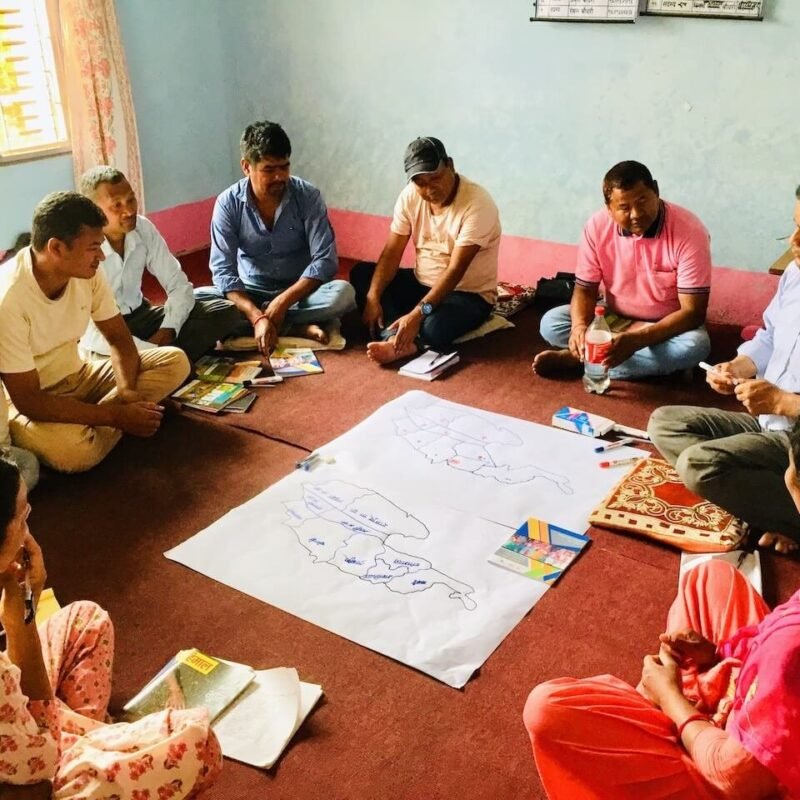A safety net of innovative land tenure solutions for near landless and sharecroppers and for a greener rural Nepal L4ACT
Project Name: L4ACT
Working Area: Dang
Project Partner: UNHabitat
Project Duration: 2024-2027
Project Outcomes:
8, 100 landless and informal tenure households received the government-issued joint ownership certificate, establishing an improved gender-sensitive land tenure security
2,500 near landless and sharecropper households have improved their livelihood by access to private or government land through Long-term land leasing.
Project Summary
The ‘Safety Net of Innovative Land Tenure Solutions program for near landless and sharecroppers and for a Greener Rural Nepal’ L4ACT builds on the extensive experiences of working in the area for a long time. The program is being implemented in collaboration with four local governments (Rajpur Rural Municipality, Lamahi Municipality, Gadhawa Rural Municipality, and Rapti Rural Municipality) in Lumbini province of Nepal. It focuses on vulnerable landless and former bonded families, especially from the Tharu community.
The program recognizes secured land tenure, climate-smart agricultural (CSA) innovation, and risk-sensitive land use through localized collaborative action and capacity-building support to build a social safety net for the poorest and vulnerable. The project aims to contribute to Nepal’s climate commitments for green and just development, by introducing innovative approaches to reducing landlessness and improving resilient land use and livelihoods in the four municipalities.
Project Objectives
The objective of the program is:
To strengthen the land tenure security of landless, informal settlers and small-scale farmers of four identified municipalities in Dang district.
The expected results are:
- 8, 100 landless and informal tenure households received the government-issued joint ownership certificate, establishing an improved gender-sensitive land tenure security
- 2,500 near landless and sharecropper households have improved their livelihood by access to private or government land through Long-term land leasing.

